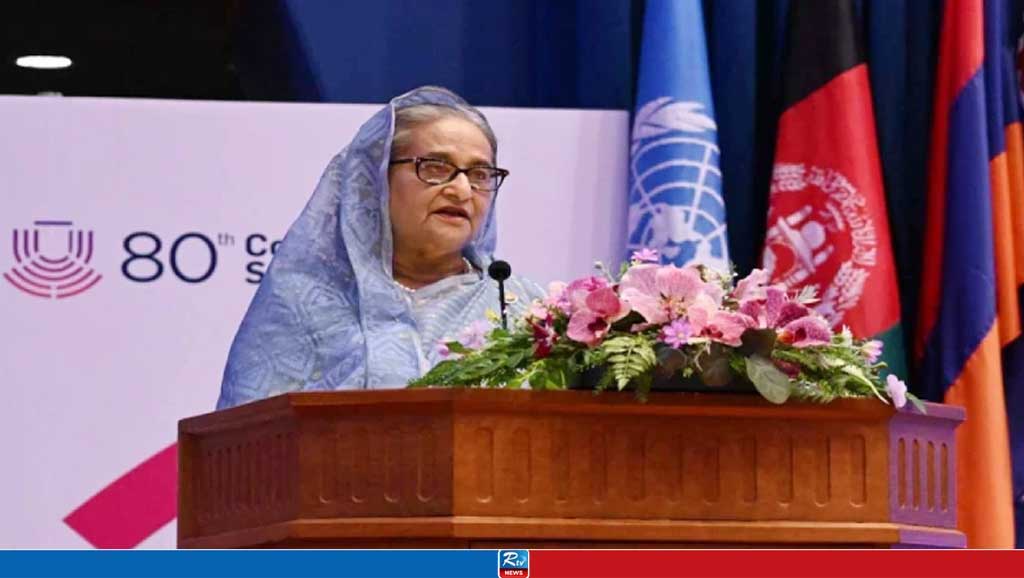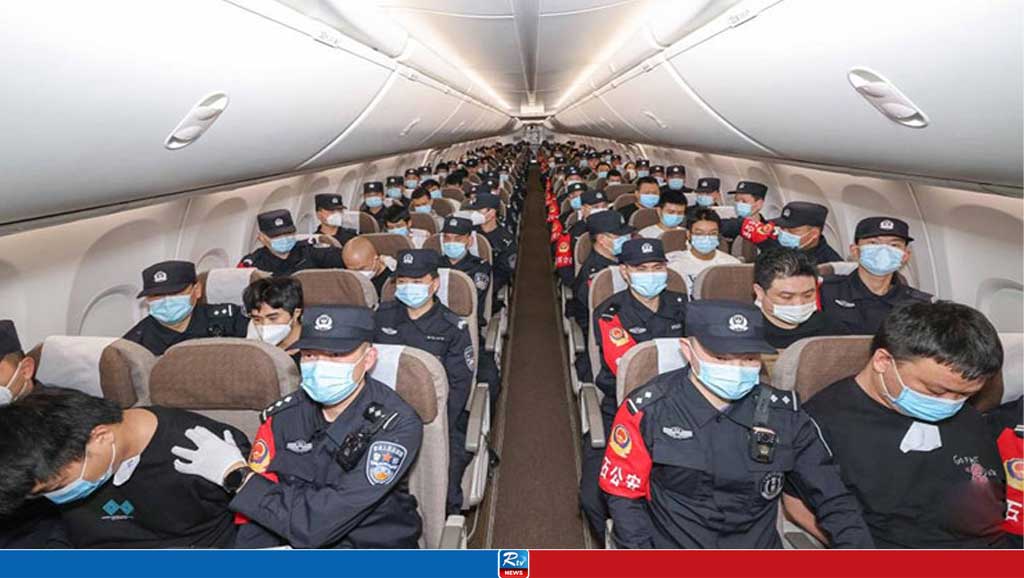“I am alive”

Sexual violence in conflict is one the most devastating types of attack waged against non-combatants. It separates families, displaces communities, and perpetuates on-going social and psychological conflicts long after surviving victims are freed.
Islamic State of Iraq and Syria popularly known as ISIS, choose this heinous path as one of their war weapon. Survivors of sexual violence under the brutal, years long campaign waged by ISIS insurgents across Iraq and Syria starting in 2014, has endured more torture and death than the human brain can process. They were targeted because of their different ideology of religion.
Many of these survivors are still bearing the horror of their confinement. Rape as a weapon of war is as old as humankind and for too long has been submerged in the shadows as either a lesser crime than slaughter or too taboo to talk about, especially in deeply guarded or staunchly religious societies where honor is inexplicably tied to a woman’s virginity.
Yet some of the rescued survivors of ISIS brutality were brave enough to reminiscence those days for one reason, to stop this from happening to others.
“I am alive,” said Gazal, 22, in Duhok, Iraq, hours after she was rescued from more than two years of captivity. “Thanks to God.”
Gazal, alongside her two sisters-in-law, Nadifa, also 22, and Basima, just 17, were captured by ISIS. All the men in their family, brothers, husbands, fathers and sons had also been apprehended by ISIS when the terrorist outfit overran their ancestral home of Iraq’s Sinjar Mountain in 2014.
“First, they put us in a school and held us for 20 days. They didn’t let us eat or drink. Only the children were given a little bread, but we had to go to the bathrooms to share it. If they caught us sharing, we were tortured,” Basima said.
“The children were dying, starving. They wouldn’t drink the little amount of dirty water. So, we found some toothpaste and put it in the water to pretend it was milk, so they would drink and not die from dehydration.”
“In the middle of the night, the ISIS men were coming in and yelling to know who was still a virgin,” Basima whispered. “And from the age of eight, they were taking girls to the market to sell for a cigarette.”
However, Basima and several of her siblings thought up a plan to avoid being attacked. They tried to look like ugly boys by using a piece of a broken plate to shave their heads and dressing in some men’s clothes they found hidden away.
“We thought that if they mistook us for boys, we would be taken out and killed rather than raped,” she said. “But instead, when they knew our trick, the men came in and stripped us in front of everybody. In front of everybody, hundreds, they touched us everywhere, sexually abused us. My father and brother had to watch. And that was the last I saw of them.”
As the dark days unfurled, Basima, Nadifa, Gazal and other relatives were transferred to another prison, selected by various ISIS leaders for “marriage.”
With such anecdotes and accounts, sexual violence in conflict is finally cleaving through the lingering layer of shame and silence that has left victims feeling as though they are to blame — and the perpetrators living free with impunity.
Nonetheless, there is a long way to go when it comes to justice and accountability.
Despite the hundreds of Yazidi women who have come forward to tell their stories of survival — including girls as young as 8 years old who were sold to fighters and carted between Iraq and Syria on dusty cattle trucks — no ISIS member has explicitly been prosecuted or tried for the crime of sexual violence.
(The author Hollie McKay is a writer, war crimes investigator and author of “Only Cry for the Living: Memos from Inside the ISIS Battlefield.” She wrote this column for The Dallas Morning News)
Source: The Dallas Morning News
BM
Comments
Japan's yen dips to 34-year low against US dollar
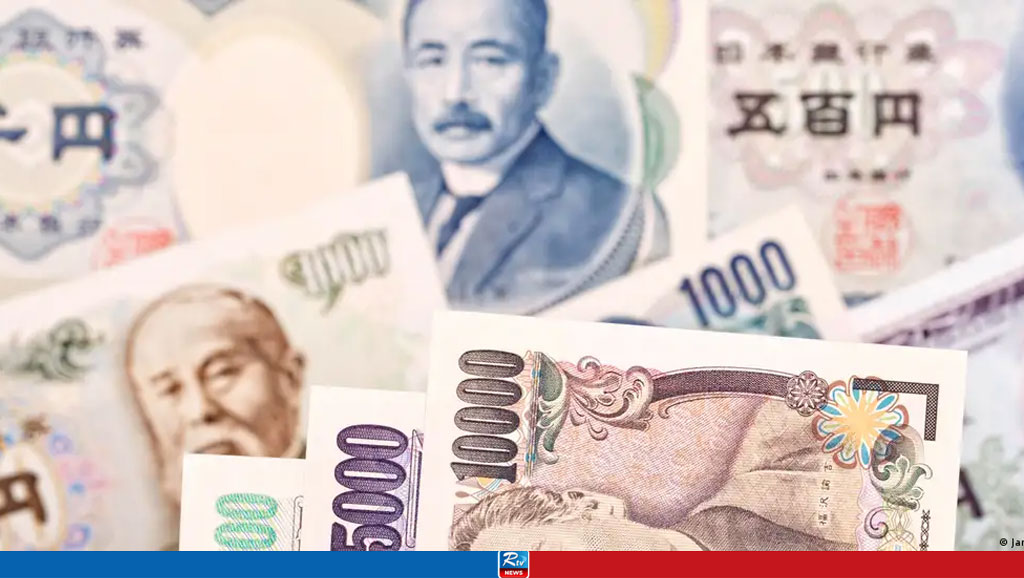
Decoding China’s Neo-Colonist practices in Africa

Jacob Zuma barred from running in election
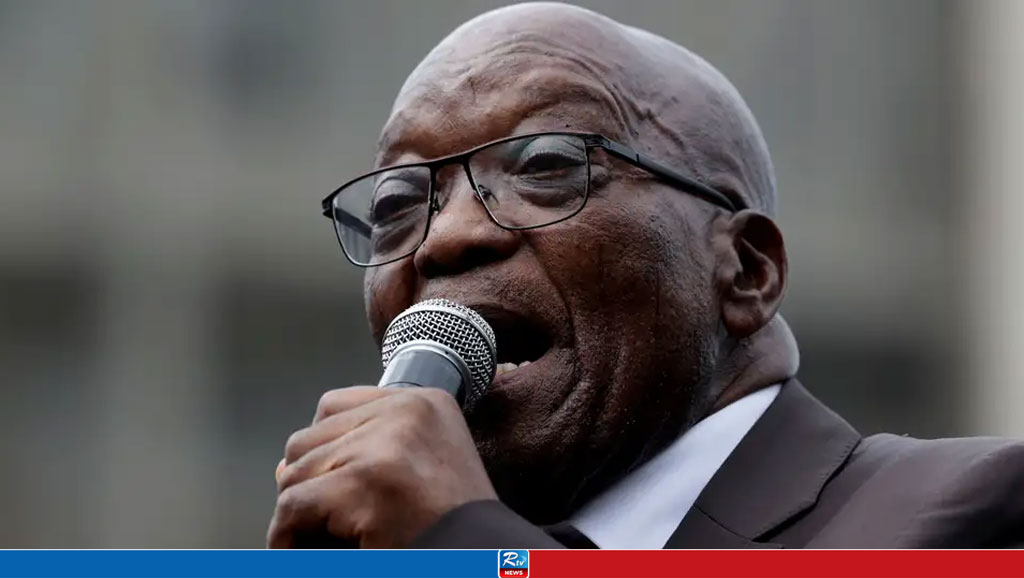
45 dead in South Africa bus crash, 8-year-old girl only survivor
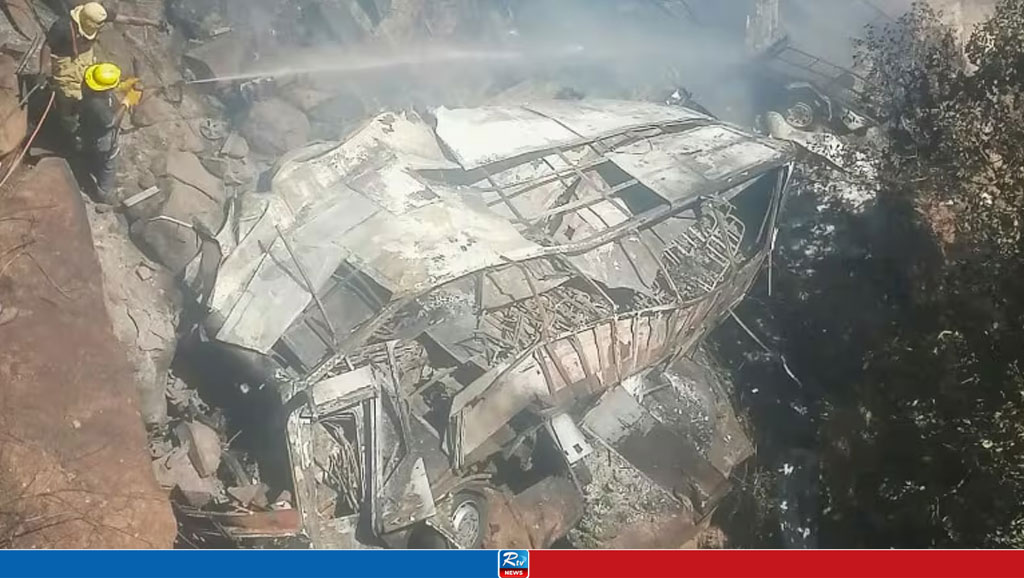
World's most expensive cow sold for $4.3 million in Brazil

Turkey: Polls close in Erdogan's 'last election'
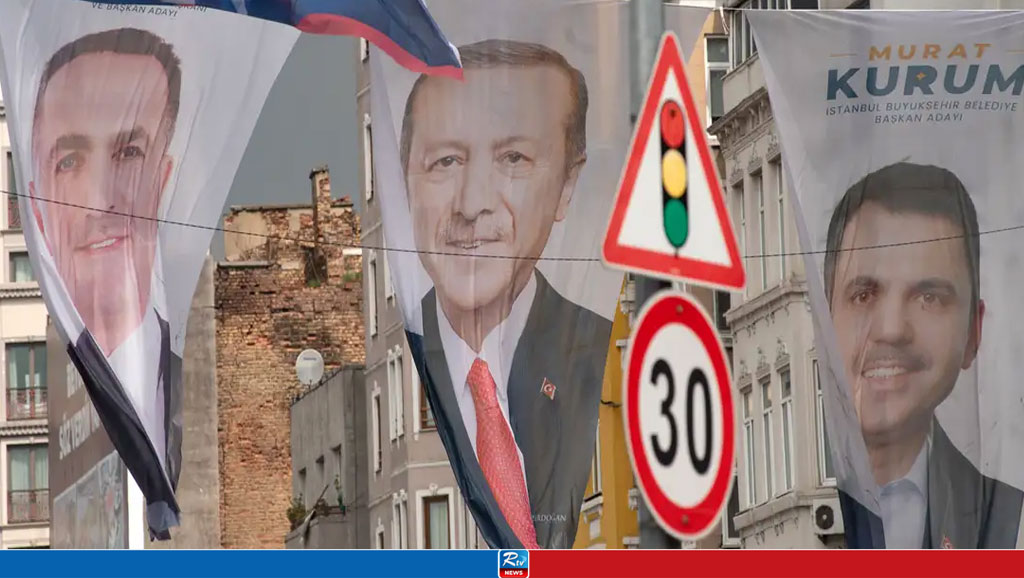
Italy is overtaking Germany as Europe's economic powerhouse
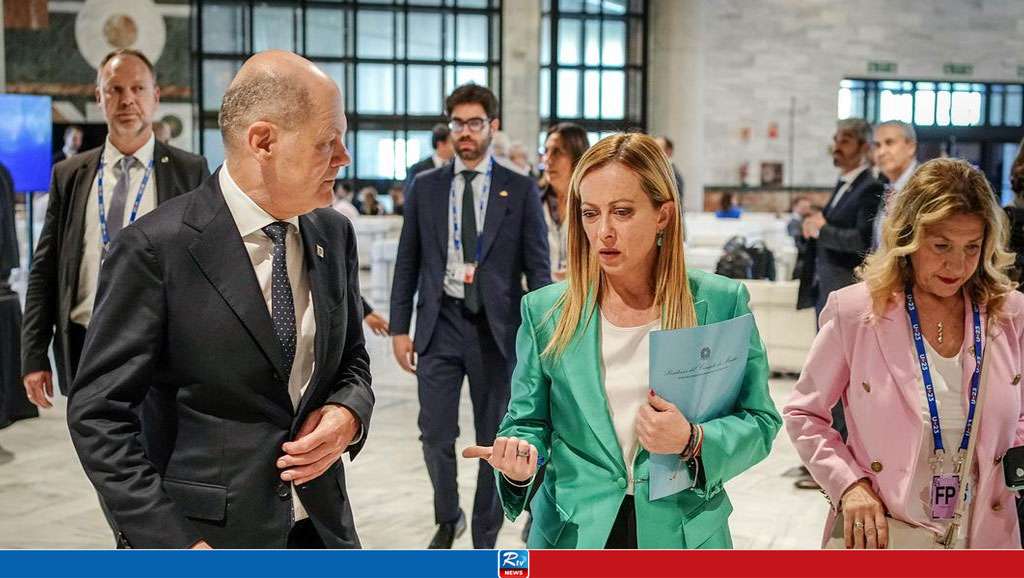

 Live Tv
Live Tv

